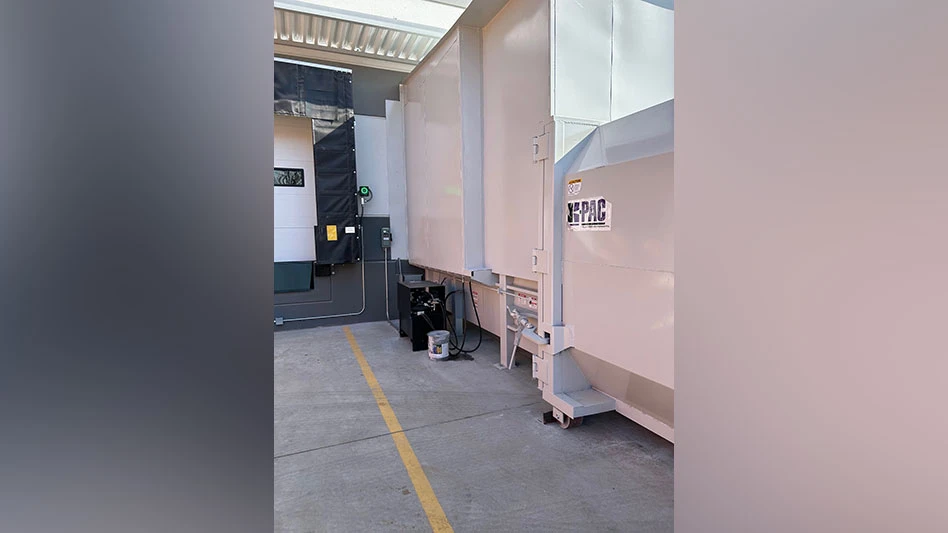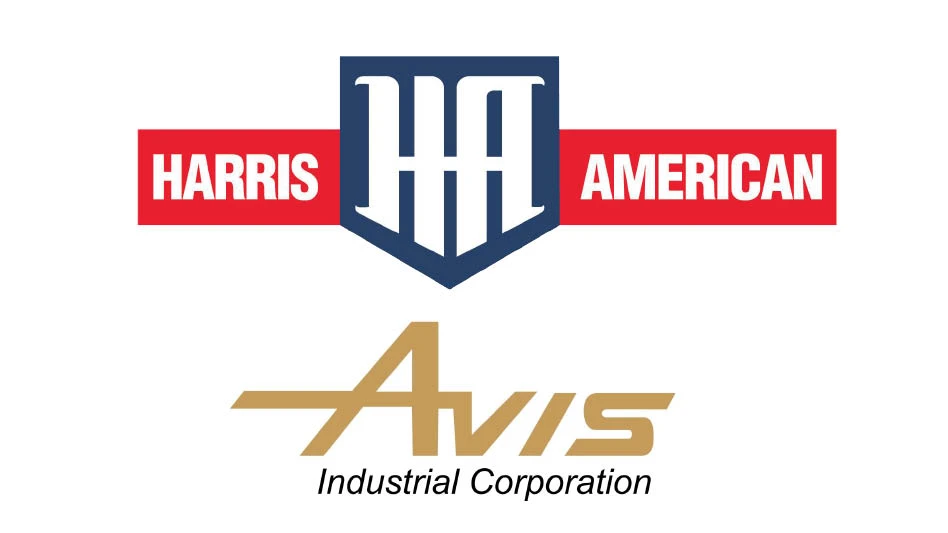
Photo courtesy Dreamstime
In October, London-based Independent Commodity and Intelligence Services (ICIS) launched the Recycling Supply Tracker - Chemical. The company says the goal of the global database is to provide a comprehensive view of the emerging chemical recycling market.
Recycling Today recently spoke with Helen McGeough, ICIS’ senior analyst working on the database, about how it works and what companies can expect from it. Available through ICIS Digital, the organization says the tracker is the world's only interactive database on global chemical recycling projects.
Recycling Today (RT): How many locations are you tracking with this database?
McGeough: So, as a chemical recycling supply tracker, we've identified near 150 plants globally. We have a whole range of companies identified, including Agilyx, Novoloop and Exxon Mobil. There's an endless list here because there are so many different projects and partnerships within those projects also.
RT: How often is this database updated?
McGeough: So, basically, it's going to be event-driven. So, as there are developments in the market, we will add that information into this tracker. And we’ll commit to looking at each of these on a minimum of a quarterly basis.
RT: What material streams are you focusing on for this database?
McGeough: It's all polymers. This is complementing the recycling supply tracking that we've done, which was looking at primary polymers as well. So, from the big ones, polyethylene (PE), polypropylene (PP), polyethylene terephthalate (PET), the whole way through to per- and polyfluoroalkyl substances (PFAS).
RT: What regions are projects the furthest along that you are tracking?
McGeough: The largest commercial plants currently operating are in North America, including Indorama, AlphaPet Inc. and New Hope Energy. The Asia Pacific then has the second-largest plants operating at a commercial scale with IQ Renew, Nippon Steel, Nan Ya Plastics and Kawasaki Plastics Recycling. The third-largest commercial plants are in Europe: Orrion Chemicals, Orgaform and LyondellBasell.
RT: What trends are you seeing right now in the data that you've collected so far?
McGeough: What we are seeing is that a majority of these projects are sitting in North America and the Asia Pacific. We’re seeing less investment in Europe than we thought there might be. What we did find from some of our initial research is that chemical depolymerization is well over half of the capacity when you look at the different process families that we're tracking at 56 percent. The second-largest proportion is thermal depolymerization, which includes pyrolysis and gasification. And of the capacities we've identified, that was nearly 43 percent.
RT: When do you expect to have a clearer vision or a clearer understanding of what the data is showing you?
McGeough: Over the next few years, a general consensus is that chemical recycling will take five to seven years to get to that commercial stage to really start penetrating the market in terms of offering recycled material. So, the 2025 goals that are out there, from the end-user perspective, are probably unlikely to feature chemical recycling products. We think it's going to be the longer-term goals, you know, looking at 2030 where you see this market grow substantially.
Get curated news on YOUR industry.
Enter your email to receive our newsletters.
Latest from Recycling Today
- Enfinite forms Hazardous & Specialty Waste Management Council
- Combined DRS, EPR legislation introduced in Rhode Island
- Eureka Recycling starts up newly upgraded MRF
- Reconomy Close the Gap campaign highlights need for circularity
- Nickel carbonate added to Aqua Metals’ portfolio
- EuRIC, FEAD say End-Of-Life Vehicle Regulation presents opportunity for recyclers
- Recyclers likely to feel effects of US-China trade war
- BCMRC 2025 session preview: Navigating battery recycling legislation and regulations









